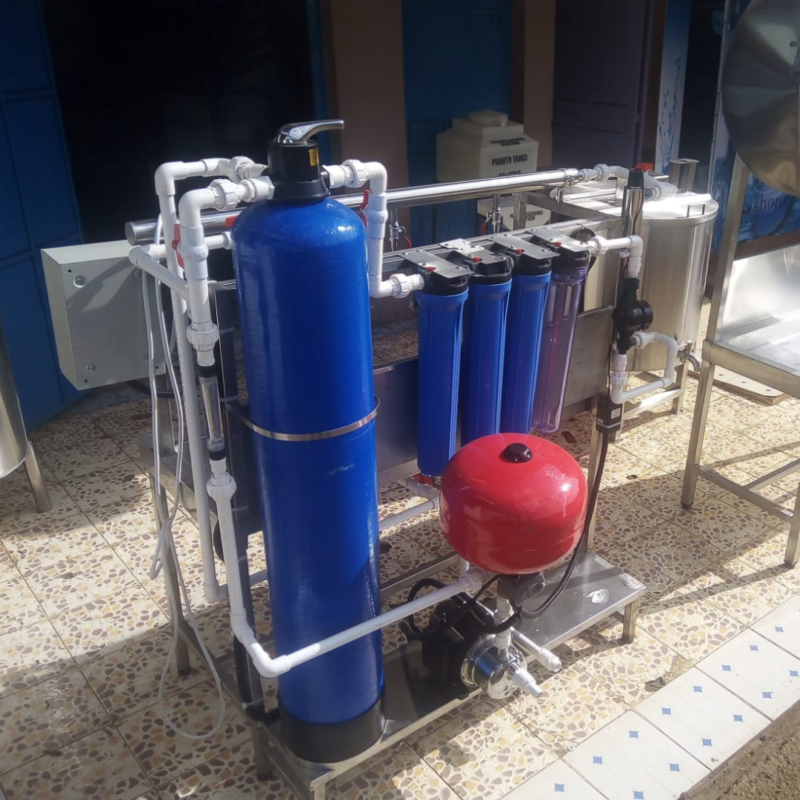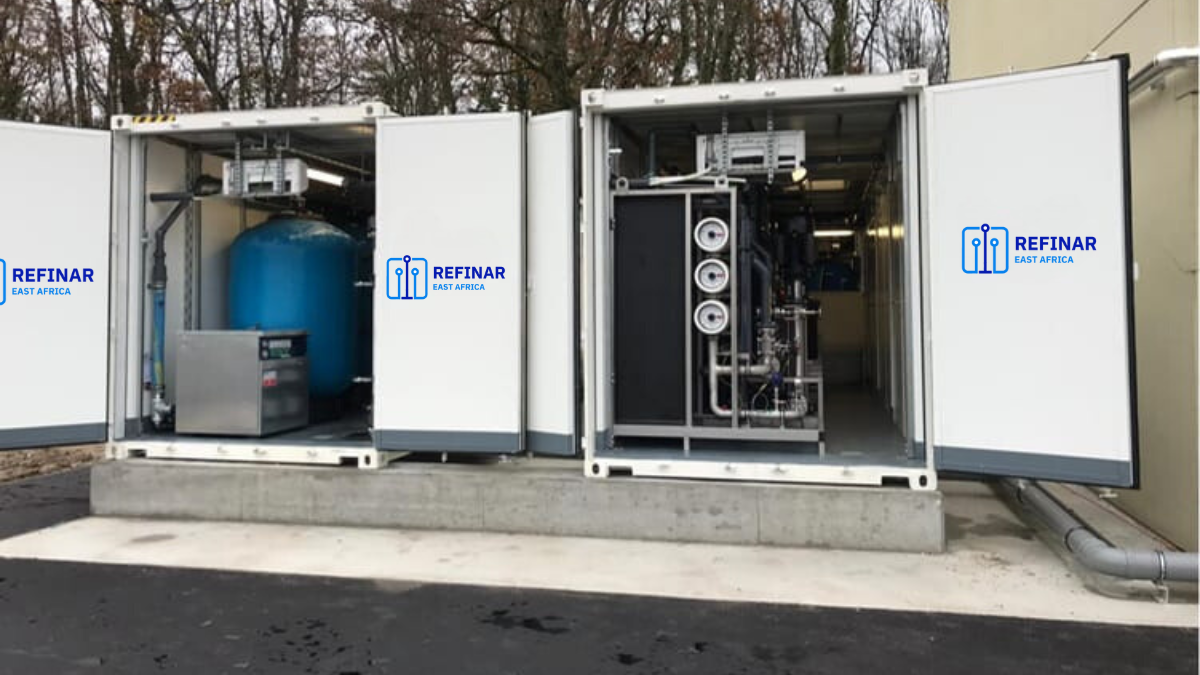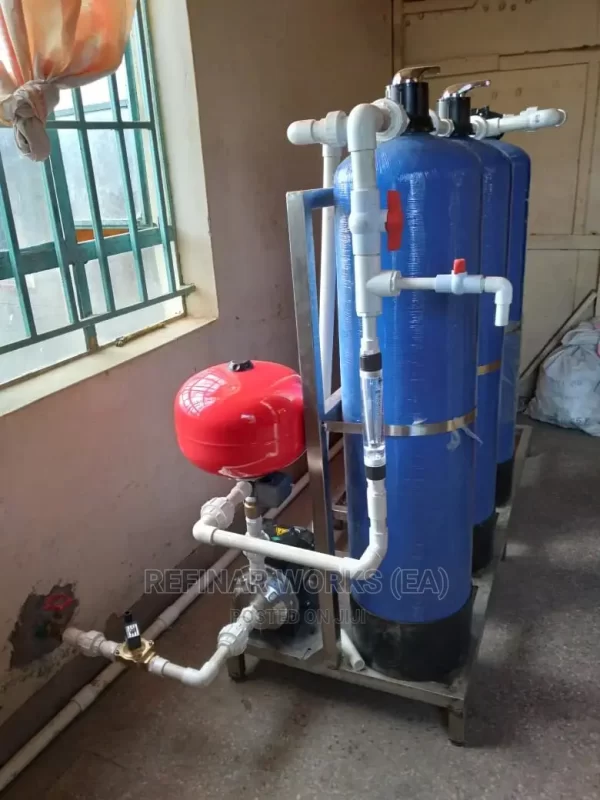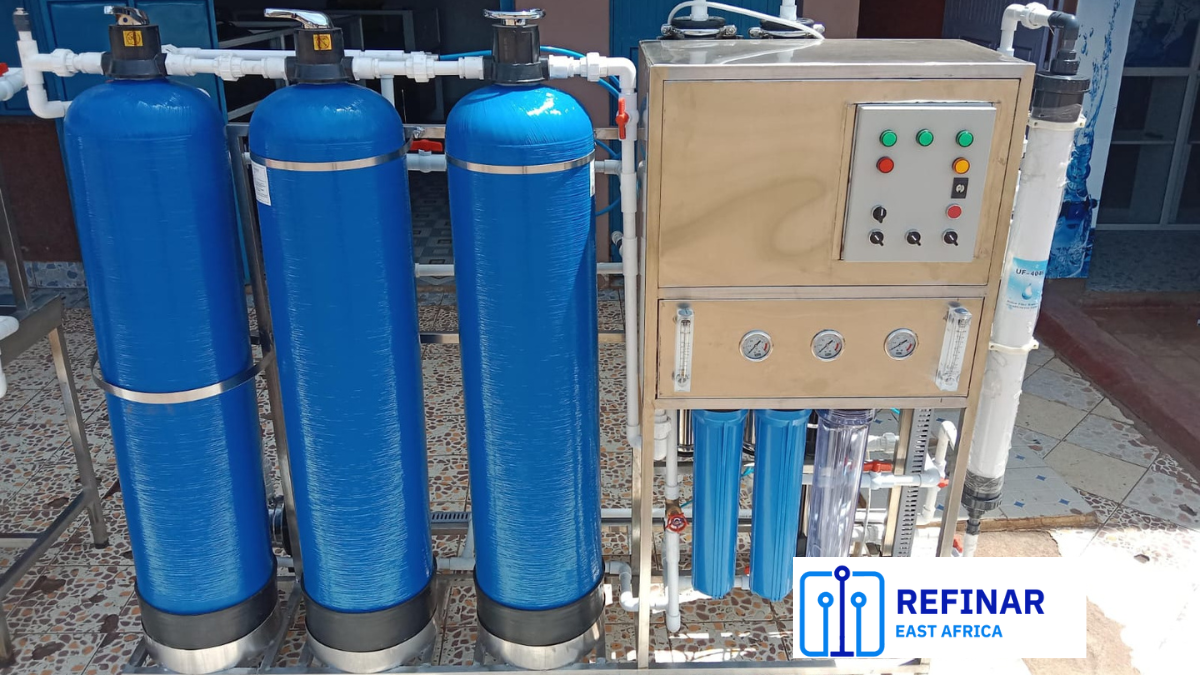In today’s world, access to clean and safe drinking water is a fundamental necessity. With growing concerns about water pollution and contaminants, the need for reliable water purification systems has never been more critical. In this comprehensive guide, we will explore the world of water purifiers, their types, benefits, and how they can ensure that your family enjoys pure and healthy water.
Importance of Water Purification
Before delving into the specifics of water purifiers, it’s essential to understand why water purification is crucial. Contaminated water can harbor harmful microorganisms, chemicals, and heavy metals that pose significant health risks. Therefore, investing in a water purifier is not just a choice but a necessity for every household.
Types of Water Purifiers
1. Reverse Osmosis

Reverse Osmosis (RO) water purifiers are renowned for their exceptional filtration capabilities. They use a semi-permeable membrane to remove contaminants, including heavy metals, bacteria, and viruses. RO purifiers are suitable for areas with high Total Dissolved Solids (TDS) in water.
2. County Council Water Purifier

County Council Water Purifiers are designed for larger communities and neighborhoods. These systems ensure that an entire locality has access to clean water by treating the water at its source. They are ideal for areas with limited individual purifier installations.
3. UF (Ultra Filtration) Water Purifier
Ultra Filtration (UF) water purifiers use a fine membrane to eliminate bacteria, viruses, and microorganisms. They are highly efficient and compact, making them suitable for small households. UF purifiers do not require electricity, making them energy-efficient.
4. Containerized Water Purifier

Containerized water purifiers are mobile units that can be transported to disaster-stricken or remote areas. These units provide clean and safe drinking water in emergency situations and regions with limited infrastructure.
5. General Purpose Water Purifiers

General-purpose water purifiers are versatile and budget-friendly solutions for households. They typically use a combination of filters, including activated carbon, to remove impurities and improve taste. They are ideal for areas with moderate water quality concerns.
6. Domestic Water Purifiers
Domestic water purifiers are specifically designed for home use. They come in various forms, including countertop and under-sink models, to seamlessly integrate into your kitchen. These purifiers offer convenience and efficient water purification for daily household needs.
Benefits of Using Water Purifiers
Investing in a water purifier offers several benefits, including:
Improved Health
Perhaps the most significant benefit of using water purifiers is the improvement in your overall health. Clean water free from contaminants ensures that you and your family are not exposed to harmful substances that can lead to illnesses.
Enhanced Taste and Odor
Water purifiers not only remove contaminants but also improve the taste and odor of your tap water. This means that your drinking water will be more pleasant, encouraging you to stay hydrated.
Economical and Environmentally Friendly
Investing in a water purifier can lead to long-term cost savings compared to buying bottled water. Additionally, it reduces plastic waste, making it an environmentally friendly choice.
Convenience and Accessibility
Having a water purifier at home means you have access to clean water whenever you need it. No more trips to the store for bottled water or worries about water quality during emergencies.
Protection Against Waterborne Diseases
Waterborne diseases are a real threat in many regions. Water purifiers provide an effective barrier against diseases caused by contaminated water, offering peace of mind for you and your loved ones.
How to Choose the Right Water Purifier
Selecting the right water purifier for your home depends on various factors, including:
1. Water Quality
Consider the source of your water and the specific contaminants it may contain.
2. Purification Technology
Choose a purification technology that best suits your needs and budget.
3. Water Consumption
Determine your daily water consumption to select an appropriately sized purifier.
4. Maintenance Requirements
Check the maintenance requirements and costs associated with the chosen purifier.
Installation and Maintenance
Proper installation and regular maintenance are crucial for the optimal performance of your water purifier. Follow the manufacturer’s guidelines for installation and cleaning to ensure its longevity.
Where can I buy the best water purifier in Kenya?
Refinar East Africa is a reputable source of water purifiers and related products in Kenya, making us a reliable choice for your water purification needs.
Here’s why you should choose us:
- Expertise: With years of experience in the water purification industry, we have a deep understanding of Kenya’s water quality challenges. Our team of experts can recommend the best water purifier tailored to your specific needs.
- Quality Products: We offer a wide range of high-quality water purifiers and filtration systems from reputable brands. Our products are designed to effectively remove contaminants and provide you with pure, refreshing water.
- Custom Solutions: We understand that every water source is unique. We provide custom solutions to address the specific water quality issues you face, ensuring that you get the most suitable purifier for your situation.
- Reliability: Refinar East Africa is known for its reliability and commitment to customer satisfaction. We stand behind the performance of our products and provide reliable after-sales support.
Contact Us
Ready to improve your water quality and access clean drinking water? Contact Refinar East Africa today:
- Phone: +254 707 075 702
- Email: info@refinareastafrica.com
Get in touch with us, and our team will be happy to assist you in finding the perfect water purifier solution for your needs. Your satisfaction and the well-being of your family or business are our top priorities.
FAQs
1. How often should I replace the filters in my water purifier?
Filter replacement frequency depends on the purifier type and water quality. Generally, it’s recommended every 6 to 12 months.
2. Are UV purifiers effective against all types of pathogens?
UV purifiers are highly effective against bacteria and viruses but may not remove chemical contaminants.
3. Can a water purifier remove hardness from water?
Water softening requires a specific system, not typically found in standard water purifiers.
4. Do gravity-based purifiers work during power outages?
Yes, gravity-based purifiers do not require electricity, making them suitable for use during power interruptions.
5. Are water purifiers suitable for well water?
Yes, water purifiers can effectively treat well water by removing contaminants and improving its quality.


